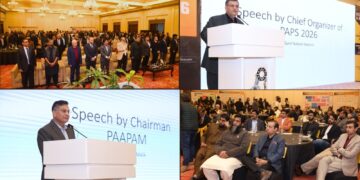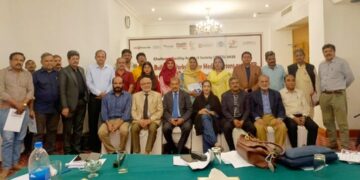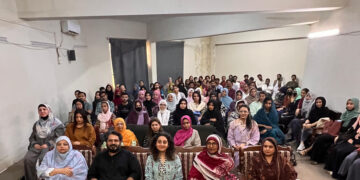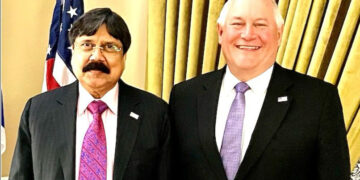ISLAMABAD – Former President of the Islamabad Chamber of Commerce and Industry (ICCI), Dr. Shahid Rasheed Butt, said on Sunday that the price of LPG is continuously increasing, which is affecting the people.
He said LPG cylinders are out of reach for the ordinary person; if their price cannot be controlled, taxes should be abolished in winter so that domestic consumers can get cheaper fuel.
Shahid Rasheed Butt said in a statement issued here today that poor people are no longer able to afford LPG cooking and heating; they will start using wood again, which will be harmful to their health and environment.
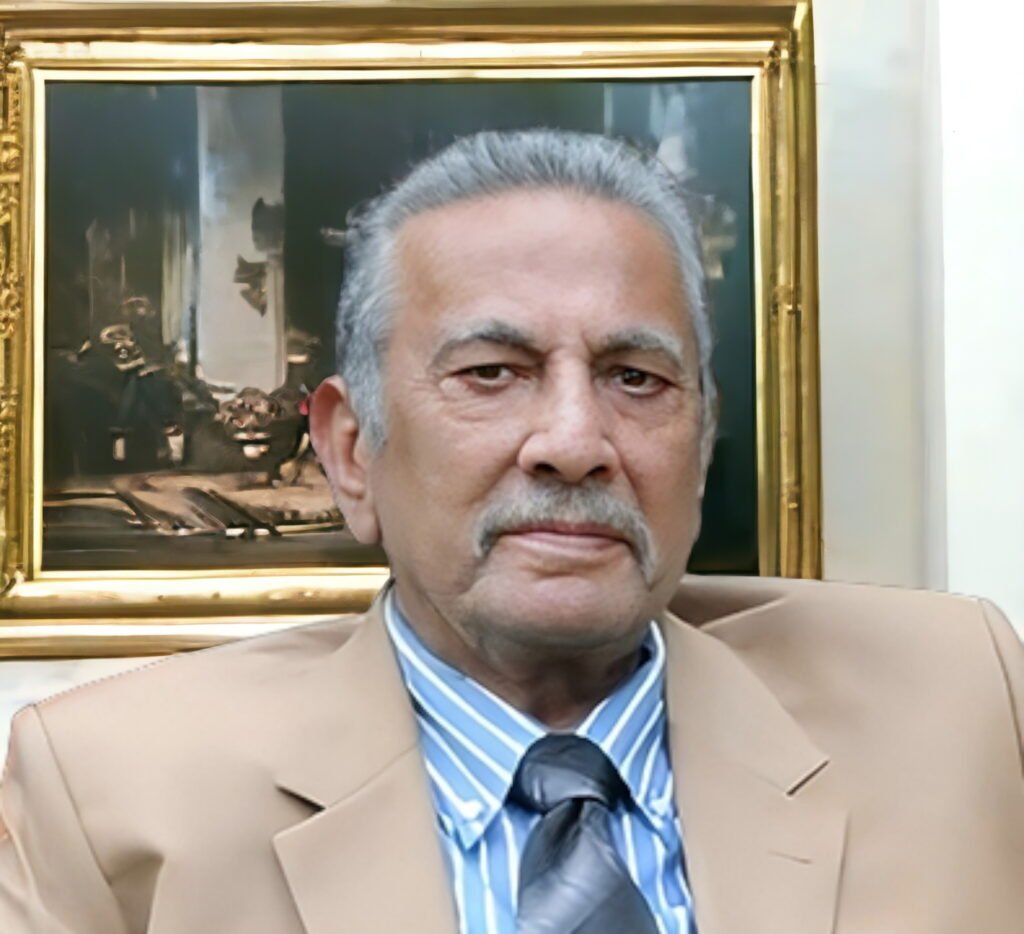

Due to the continuous increase in the price of LPG, people living in the northern part of the country are more affected because the winters are consistently more severe there, he observed.
The business leader said that due to the decrease in the price of crude oil in the global market, the cost of diesel, light diesel, and kerosene has been reduced in Pakistan, but the price of petrol has been maintained, which is surprising and contrary to expectations.
The price of natural gas has also been increased excessively, so the industrialists are protesting, and he demanded that these issues be seriously considered.
Shahid Rashid Butt said that Pakistan is among the 54 countries that need debt relief because poverty is increasing rapidly due to inflation. At the same time, the government cannot relieve the people due to IMF restrictions.
The government is not allowed to relieve the masses but is free to increase the burden on the public.
Pakistan has not been able to pay its debts at this time. New loans pay old debts, and the debt is increasing quickly. By 30 June 2024, the obligation imposed on Pakistan will reach 820 trillion rupees, which will be impossible to pay.
Pakistan needs to attract FDI and climate financing as it is one of the worst affected countries facing acute climate changes, extreme temperatures, disappearing of glaciers, rain, and floods.
The floods affected more than 35 million people and blew a nearly $20 billion black hole in the economy, and we will need foreign funding by 2030.






